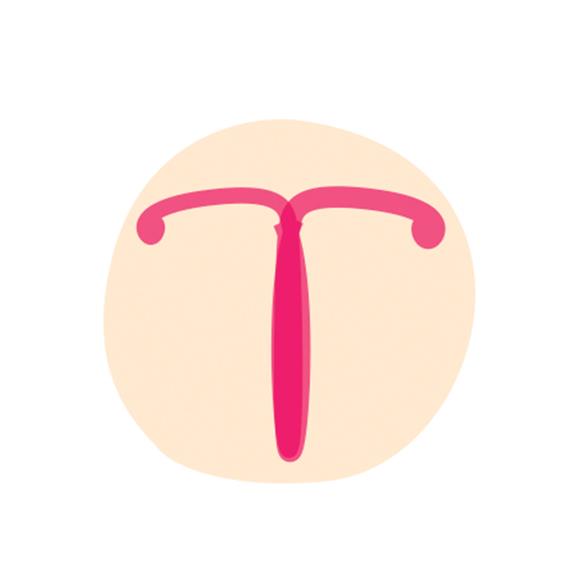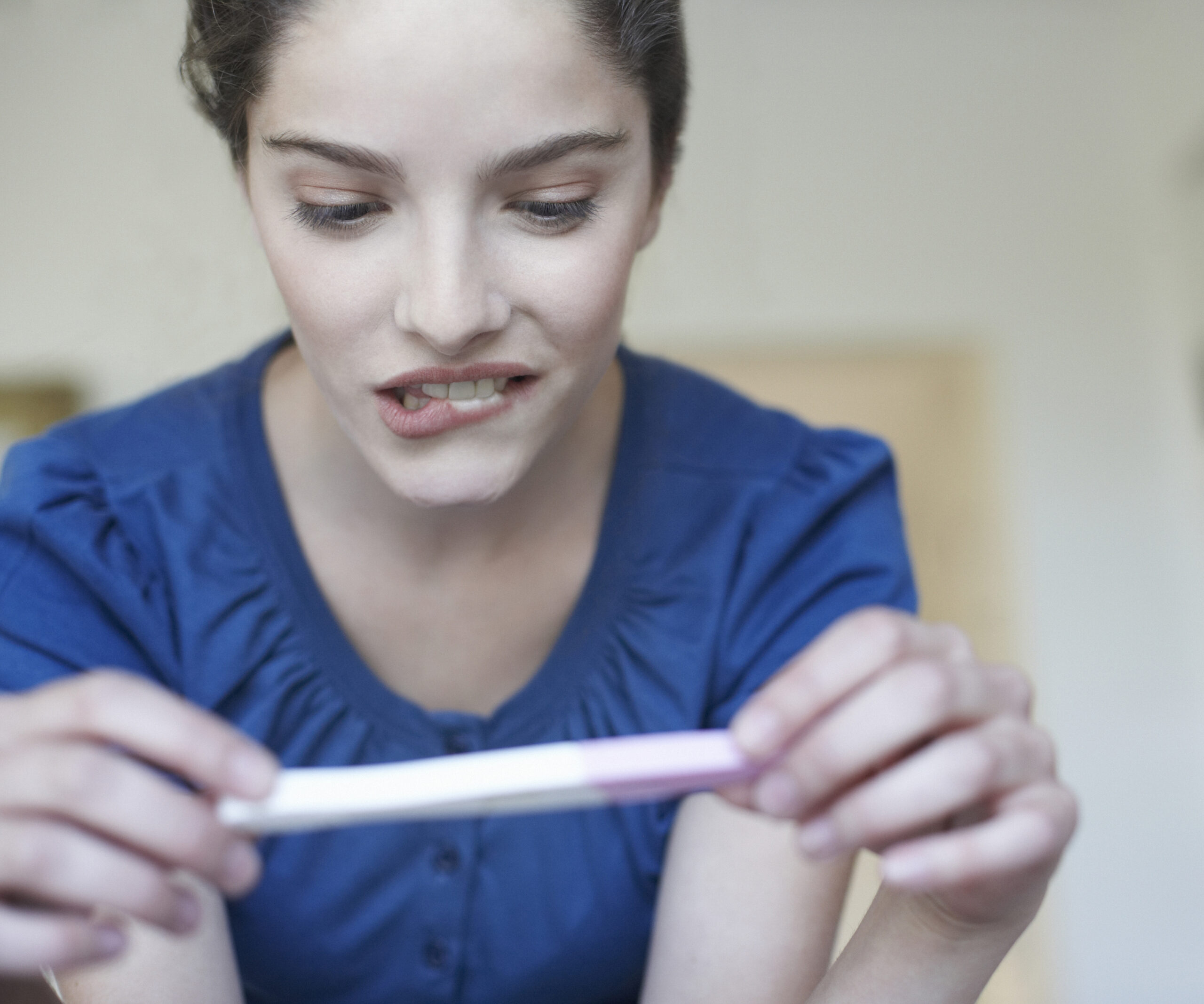Described as “a real win” by Fertility Associates’ reproductive endocrinologist Dr Meghan Ogilvie, New Zealand’s drug buying company Pharmac have announced it will fully fund the contraceptives Mirena and Jaydess from November 1.
The move is a significant one, with these two particular intrauterine devices (IUD) currently costing Kiwi women up to $500.
Following Pharmac’s decision, women would still need to cover the cost of insertion and removal by their health provider, however the “overall net price” per person would be significantly reduced.
Speaking to John Campbell on TVNZ’s Breakfast this morning, Dr Ogilvie says “this is a real win for those of us who work in women’s health – this is fabulous.
“We’ve been asking for this for a long time and so we were all excited to see this yesterday [when it was announced].”

From November 1, Mirena and Jaydess IUDs will be fully funded in New Zealand.
Once inserted, the Mirena IUD can last up to five years, while the Jaydess can last up to three.
Both forms of IUDs are slightly more effective than oral contraceptive pills (99 per cent effective as opposed to 91 to 99 per cent), with Family Planning saying there is less than one pregnancy per 100 users per year.
Unlike the copper IUD, which is hormone-free, the Mirena and Jaydess contain the hormone progesterone which, once the IUD is inserted into the uterus, slowly releases the hormone which stops the lining of the womb building up.
As well as providing a long-term and reversible contraceptive, Dr Ogilvie says the Mirena IUD, in particular, has also shown to have other benefits including being a good treatment for heavy bleeding during periods and have significantly decreased the number of hysterectomies performed, can help decrease the risk of cancer of the lining of the womb and can be used alongside hormone replacement therapy (HRT) for menopausal symptoms.
She adds that hysterectomies, in particular, are a hard cost to the public health system, that now, with easy access to Mirena, they are helping to prevent.

In addition to contraception, the Mirena IUD in particular has also shown to have a host of other benefits, making its free access even more significant for Kiwi women, who may have not found something that worked for them before. (Image: Getty)
When asked whether people who are currently using copper IUDs are likely to switch to Mirena from next month, Dr Ogilvie says, “Look, if something is working for women, I wouldn’t change it.
“If women like their copper IUD absolutely continue with it, but if periods are heavy and painful, then a Mirena is a very real option for them now.”
Family Planning chief executive Jackie Edmond told Stuff the decision was a “great move for New Zealand,” and one that would help improve “equity and access to health care,” meaning regardless of income, everyone was able to choose a Mirena or Jaydess as a contraceptive option.
“It’s something we have wanted for a very long time and we are delighted,” she said.

